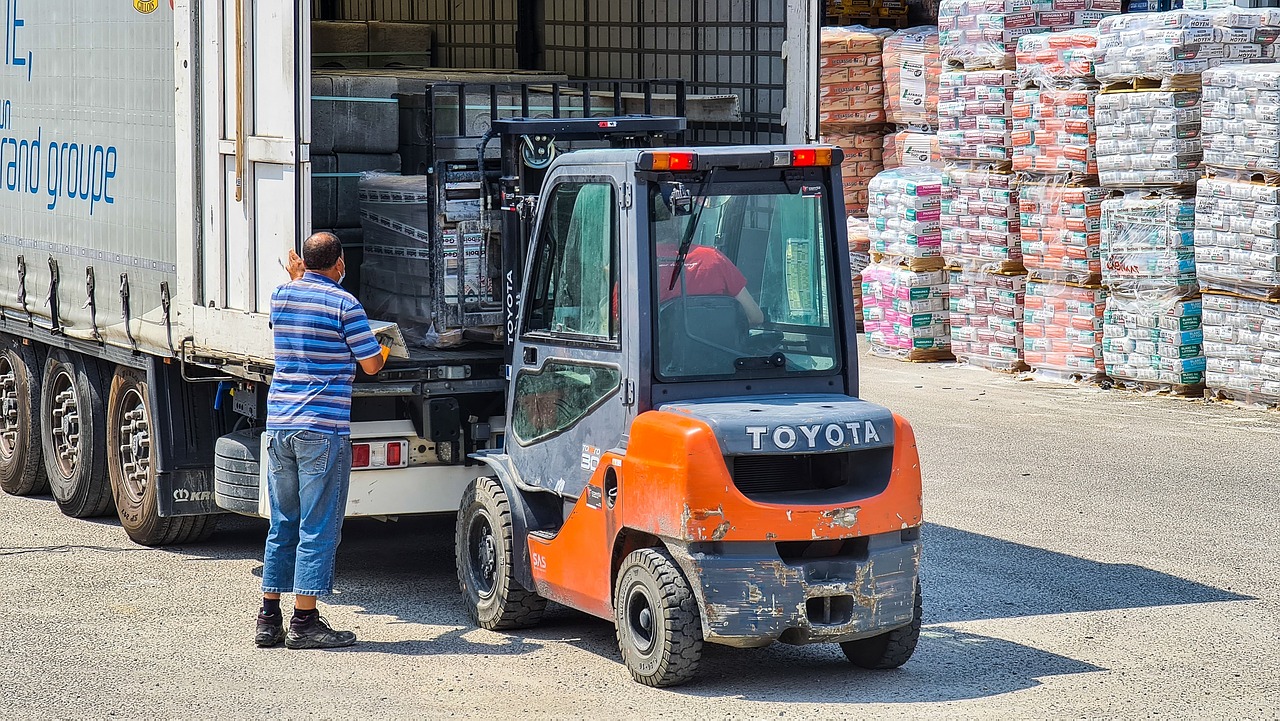Shared truckload - a more sustainable alternative to traditional less-than-truckload freight
Can machine learning cut carbon, time and cost out of the less-than-truckload market?

The less-than-truckload (LTL) sector is often considered the trucking industry’s canary in the coal mine, as stakeholders in the LTL market can detect larger industry trends well before the rest of the industry gets wind of it. That being said, the LTL segment is usually never the preferred option for shippers to move freight. This is because it tends to be priced higher than full truckload, is beset with operational inefficiencies, and frequently fails to meet expectations regarding on-time pickups and deliveries.
“The LTL hub-and-spoke model is very inefficient,” says Oren Zaslansky, the founder and CEO of shared truckload freight platform Flock Freight. “If you move four pallets of manufactured goods from Chicago to Los Angeles via LTL, it burns about 40% more carbon than a comparable full truckload solution.”
Despite the pitfalls of moving freight via LTL, the segment has remained indispensable as a majority of the shippers do not have enough goods to justify hiring an entire truck. While LTL does assort freight from different shippers to maximize truck capacity, Zaslansky contends that half the trucks on the road are underutilized, traveling with significant empty space. Considering trucks consume nearly the same fuel and have comparable carbon emissions, irrespective of them being full or half-empty, LTL moves can turn out to be unsustainable compared to full truckload freight.
Flock Freight takes on this challenge, offering its shared truckload solution where shipments are pooled from multiple shippers, essentially creating a ride-sharing model for freight. While the industry has yearned for more capacity optimization, the extremely fragmented freight market lacked a centralized source of information or a unified data repository. The absence of a “single source of truth” complicates efficient operations.
This is where machine learning (ML) takes precedence. “We've been building out a machine learning environment where we can begin to make those predictions. If you ingest enough data from various disparate data sources, in our case from our customers, shippers, or partner carriers, we can begin to predict the future,” says Zaslansky.
While ML algorithms need adequate training, ingesting large datasets over the years has enabled Flock to accurately predict empty capacity within trucks, identifying and filling them with freight. Aside from reducing costs for customers, such a model also cuts down on carbon emissions, making it a win-win for both the industry and the environment.
Sustainability is now a crucial metric to freight operations, as strict global regulations and consumer priorities push for capping emissions. Zaslansky feels that the topic of carbon emissions makes people uncomfortable. “Public policy is helping shape, if not enable, the private sector. But I believe at the end of the day, it’s the private sector that will solve these problems and bring them to scale,” he says. “And to do so, the solutions need to be profitable.”
Flock’s shared truckload model addresses both sustainability and profitability. Besides allowing multiple shippers to share a truck’s space, the model will enable customers to pay only for the space they use, akin to buying a “slice” of the truck.
“For sustainability to really take flight and change the world, it needs to be frictionless and profitable,” says Zaslansky. “By profitable, I mean we have to find a way to reduce expenses and increase efficiency in a tangible, measurable way. From a frictionless standpoint, it needs to be obvious and make sense to the customer. If we don’t think of sustainability through the lens of being frictionless and profitable, we ultimately won’t get the outcomes we need.”
Interested in finding out more about Supply Chain USA 2024 (22-23 May, Atlanta)? Then click here.
